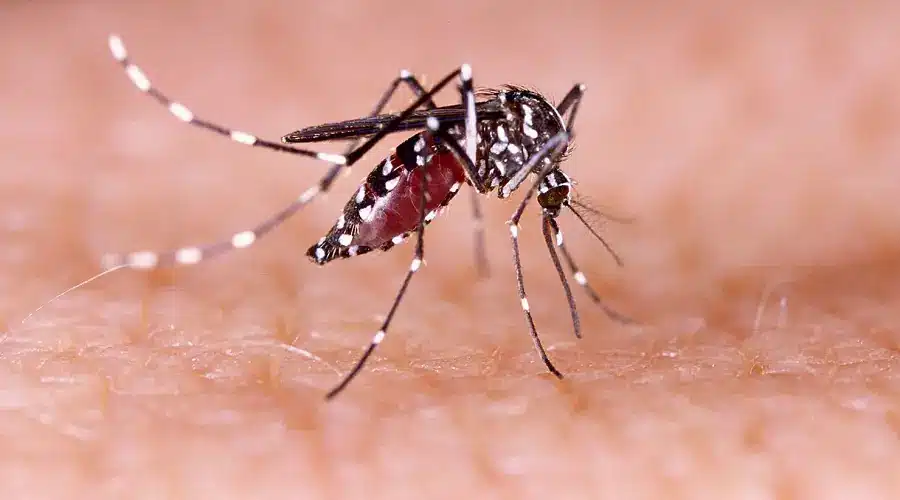In the Caribbean, apprehensions have emerged subsequent to the recent confirmation of two adult cases of the Oropouche Virus (OROV) in Barbados last week.
OROV represents a novel disease vector-borne by mosquitoes and midges, attracting increasing scrutiny from the Centres for Disease Control (CDC) and various health organisations owing to its prospective proliferation in tropical locales such as the Caribbean.
The health ministry in Barbados has informed residents of the cases and recommended the adoption of protective measures to mitigate the risk of mosquito and insect bites, thereby preventing the contraction of OROV.
This marked the inaugural detection of the disease in Barbados, prompting several Caribbean nations to urgently seek preventative strategies, given the analogous environmental conditions and vector populations that prevail across the islands.
Reports from various media outlets suggest that the Ministry of Health in St. Lucia is poised to tackle the issue by delineating strategies aimed at mitigating the risk of the disease within the population. Included in the agenda are strategies for surveillance, initiatives for public education, and the allocation of resources aimed at empowering communities to address the challenges posed by mosquito and midge populations.
The World Health Organisation (WHO) reports that from January 1 to November 25, 2024, there have been 11,634 confirmed cases of OROV, with two fatalities, in the Region of the Americas. The Caribbean nations reporting confirmed cases include Cuba (603), Guyana (2), and Barbados (2), along with one imported case in the Cayman Islands.
The unsettling aspect of OROV lies in the absence of targeted antiviral therapies or vaccines to combat it. Moreover, the challenge of diagnosis arises from the overlapping symptoms with those presented in dengue, Zika, and chikungunya.
Nevertheless, health authorities are emphasising that it is preferable to focus on prevention rather than treatment.
The Ministry of Health in Barbados has issued a statement encouraging the public to adopt measures aimed at preventing bites from mosquitoes and other insects.
The following measures are included:
– Employing insect screens and deterrents.
-Donning long-sleeved shirts and long trousers, particularly during the hours from dusk to dawn when the vectors exhibit heightened activity.
– Removing stagnant water from around properties to inhibit the breeding of mosquitoes.
The public was also encouraged to thoroughly inspect their residences and eliminate any stagnant water that may collect in vacant containers, especially during and following instances of significant rainfall.





